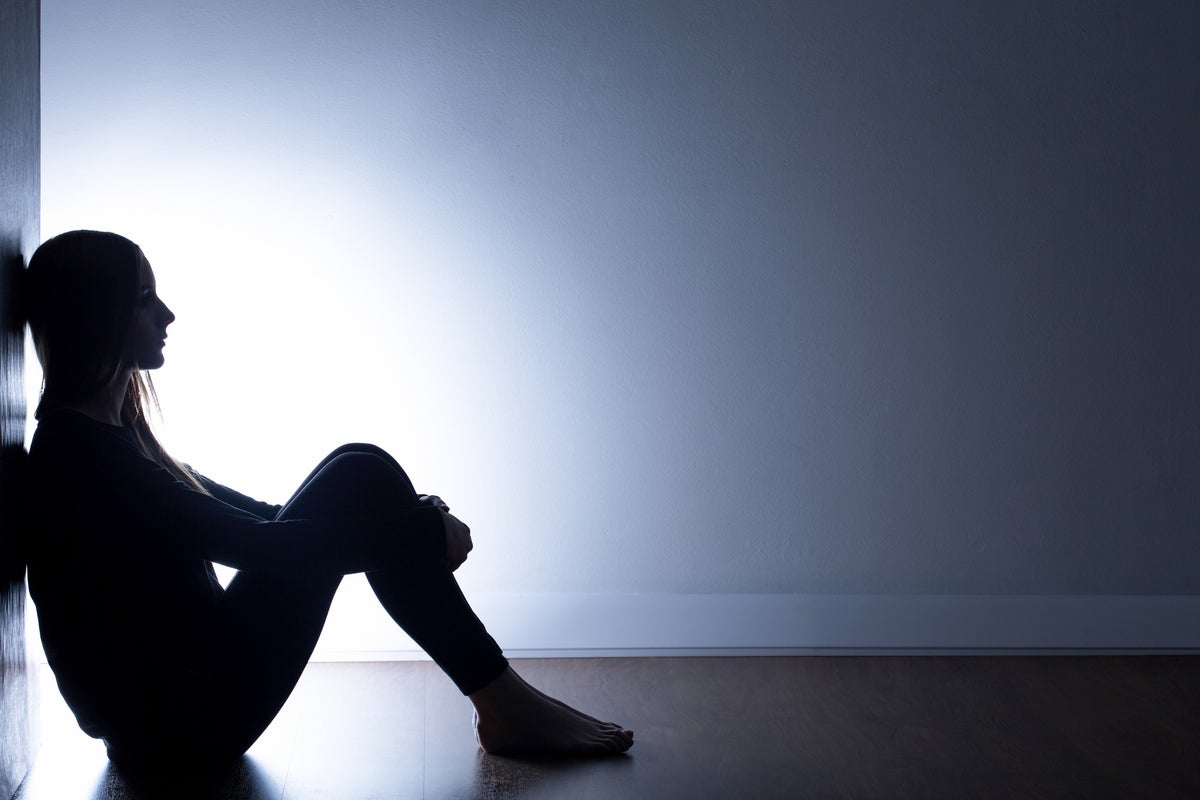
Support truly
independent journalism
Worried parents have told of how criminals took advantage of their vulnerable children, who they claim were failed by their schools and local authorities.
Academics in Manchester and Portsmouth have warned in new research that children with special educational needs and disabilities (SEND) are at risk of criminal and sexual exploitation due to gaps in government services.
There were 7,432 referrals of potentially exploited children to the government last year, with 51 per cent of referrals involving criminal exploitation and 15 per cent involving sexual exploitation. Evidence suggested a high proportion of cases involved special needs and disabled children.
Long waits for diagnosis and support could be fuelling increased levels of isolation and exclusion for SEND children in schools, the report further found.
Parents told academics they had struggled to get sufficient support for their children when they raised concerns with local authorities and schools.
One parent said she kept asking her son’s school to help get him tested for ADHD, but claimed it all went downhill when he was put in alternative provision, which provides education for children who can’t go to a mainstream school.
She said: “In the fourth year of secondary [school] there was a constant pattern where he was being sent home for stuff that I don’t condone, but it was certainly a big step away from where he ended up.
“He’d splash water at somebody, or he wouldn’t wear his school jumper. He was being boisterous in lessons. He either faced being permanently excluded or... alternative provision. Within the first week of alternative provision, he went from being full of beans and mischievous, to stealing our cars and disappearing for days at a time.”
The parent didn’t know at the time that her son was being exploited but later learnt that he was being taken to a “trap house” - an abandoned house used to sell illegal drugs.
Her son lost two years of school and was frequently reported missing from home and the alternative provision education he was sent to, but no one realised the full extent of what was going on. It was only when he tried to take his own life that the exploitation came to light.
He was referred for an assessment through a youth offending team and was diagnosed with ADHD at the age of 16.
Parents and practitioners interviewed for the report said there should be a re-emphasis on vocational skills for children with SEND who were struggling academically. They added attendance should be praised and schools should reconsider punishment for minor infractions on school rules, such as length of nails or state of school shoes.
More than 1.5 million children in England and 75,000 in Wales have special educational needs, with the vast majority in mainstream education.
Parents said their children were often put in isolation at school, causing them to fall further behind academically and become disaffected with education.
One parent explained: “[The school] just regarded him as being a problem.”
A common trigger for SEND children being exploited was when they were excluded from mainstream school and sent to a pupil referral unit or alternative provision, researchers at Manchester Metropolitan University, the University of Portsmouth and Portsmouth Council said.
For many affected, the academics found this was where their child was recruited by groomers or gangs.
One parent said her son Sam started to self-medicate with cannabis when he was 14. She claimed his ADHD and autism were not recognised or supported at school, and felt his reliance on cannabis meant he was recruited and criminally exploited to pay off his “debt”.
Sam was placed in unregulated adult accommodation with no support in place, and his parents were told that his needs were too complex to put him somewhere else. Child mental health services also wouldn’t help, his mother said.
She added: “They wouldn’t treat him while he was taking drugs. And that’s like not giving someone a hip replacement until they’ve run the marathon... NICE guidelines are that substance misuse and mental health issues should be treated in parallel.”
Professor of childhood studies and lead research at Manchester Metropolitan University, Anita Franklin, said: “The research starkly indicates the need for parents and children and young people with SEND to be listened to when raising concerns about unmet needs and treated with paramount importance when they raise concerns about exploitation.”
A government spokesperson said: “Too often education does not meet the needs of children with SEND, and while there are no easy answers, work is already underway to urgently fix what the government recognises is a broken system.
“All schools must follow statutory safeguarding guidance, which highlights how some children are more vulnerable to abuse and harm than others, including those with SEND.
“We are committed to tackling exploitation and are continuing funding for a prevention programme run by the Children’s Society which targets and prevents child abuse in its different forms.”



.png?w=600)



